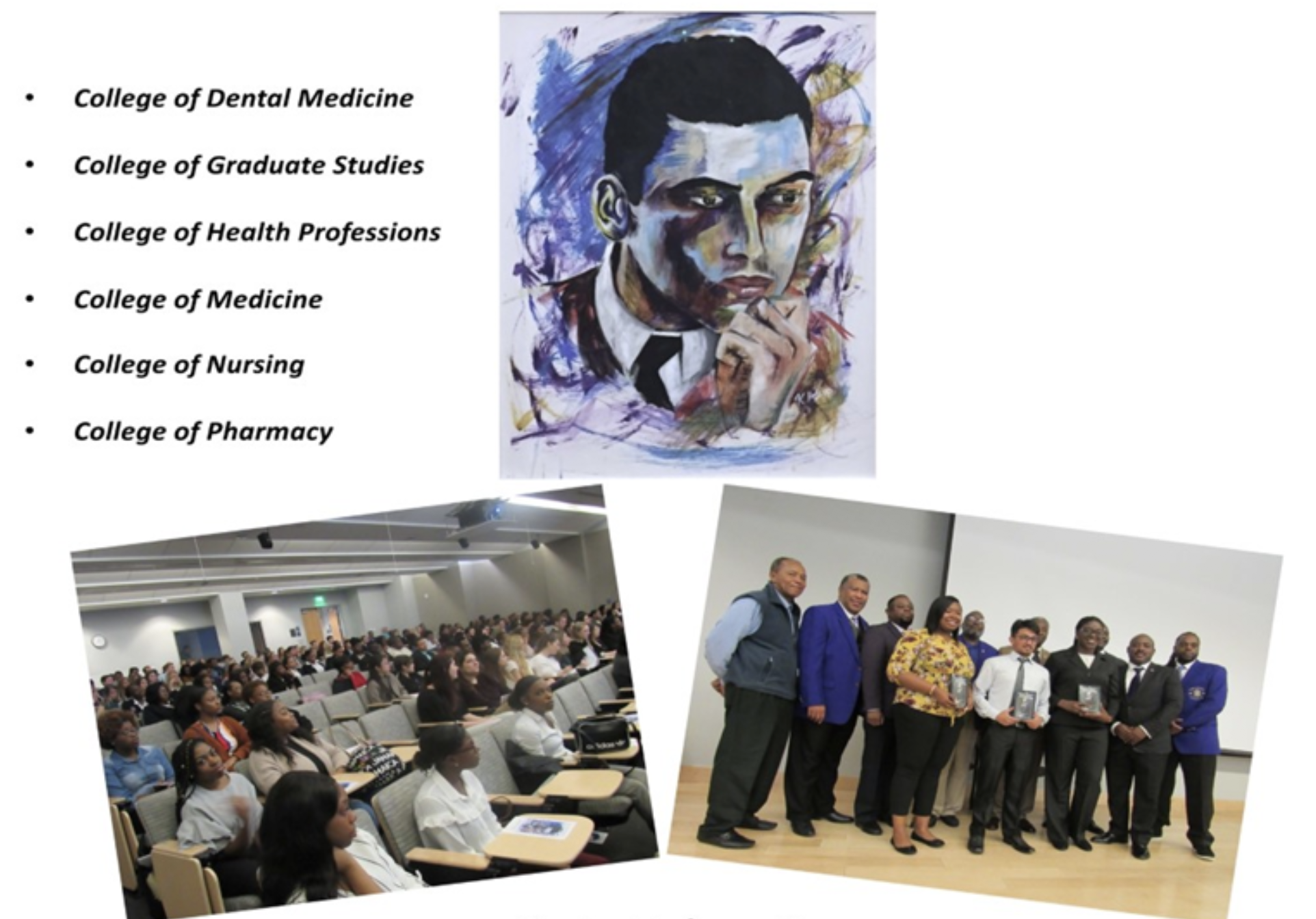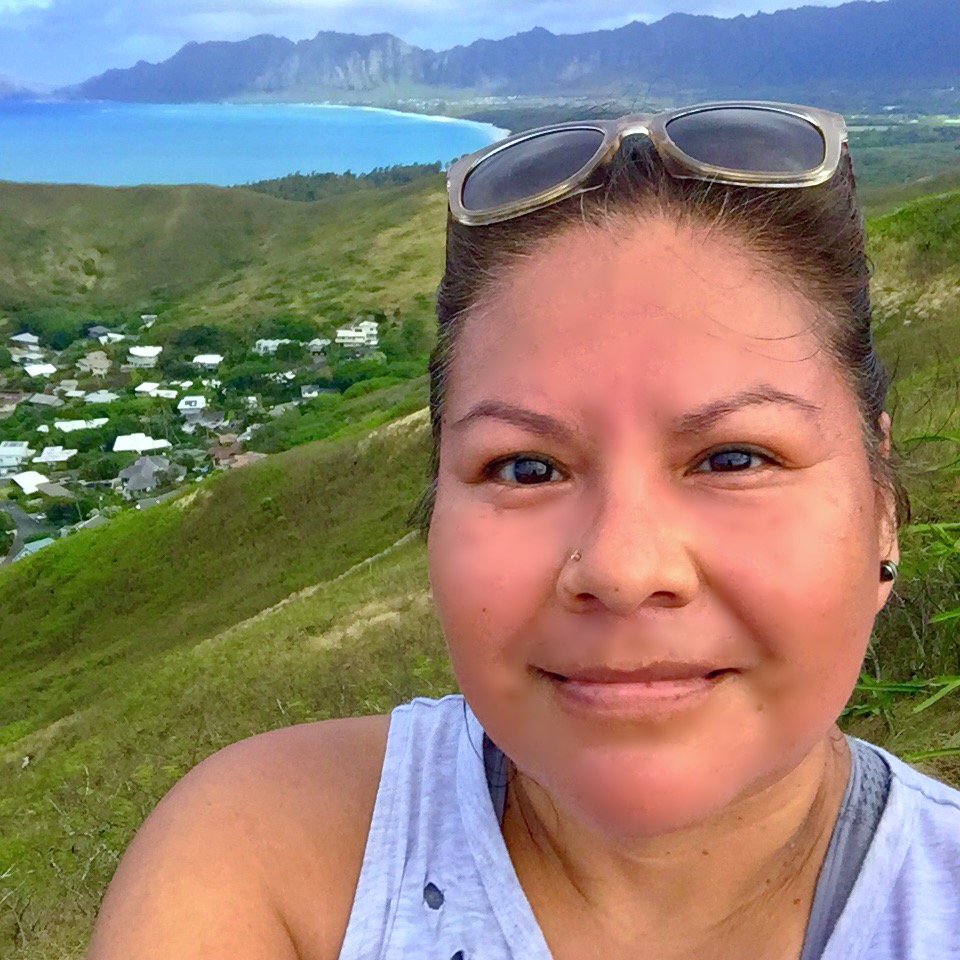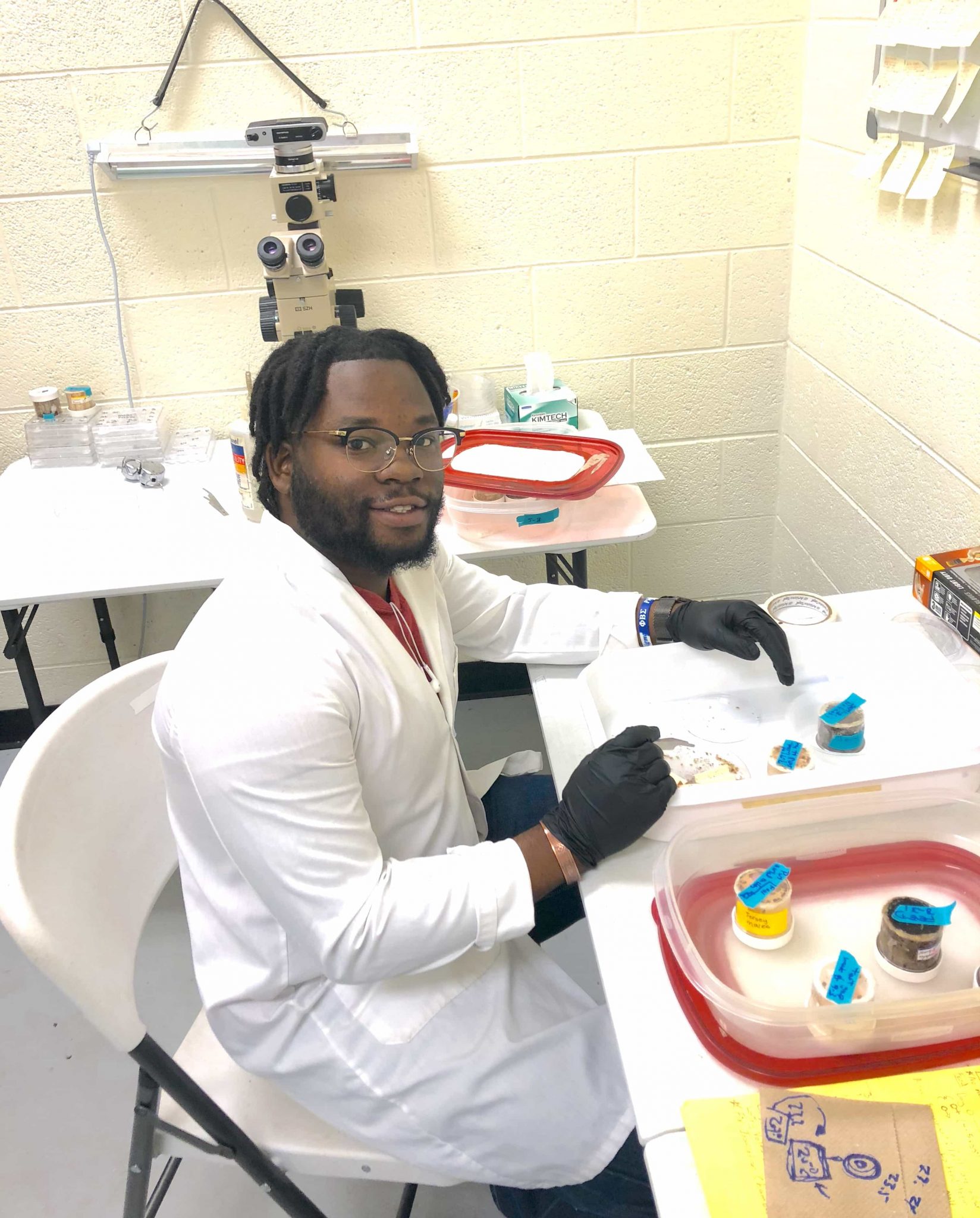News and Events
Welcome!
The G-RISE at New Mexico State University is a program that provides a high level of funding support for Ph.D. students conducting research in the areas of biomedical / biobehavioral / bioengineering sciences. The program purpose is to enhance the training of students who will not only enrich the diversity of thought, culture, and discovery within the biomedical workforce but who will also become leaders and innovators within the research workforce after the Ph.D. degree. G-RISE at NMSU is supported by the National Institutes of Health grant: 1T32GM148394-01.







